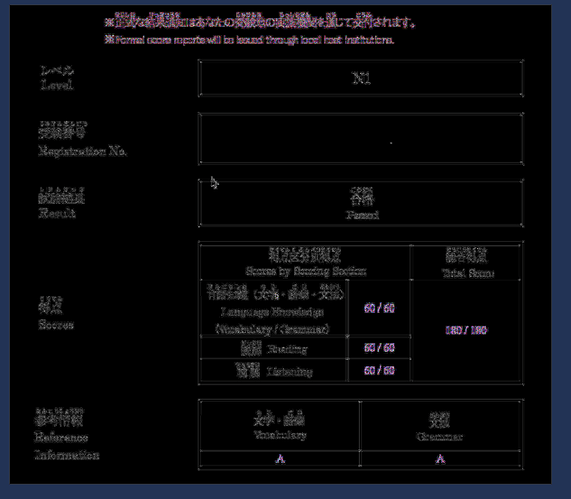69th post in your own thread nice
Anyway, it takes time. Pseudo-mathematically, it’s
((immersion time) * (exposure volume))
I watched literal hundreds of shows over the span of a few years, plus listened to Japanese vocal music day in and day out, morning to evening, almost all the time when I wasn’t watching anime, before I ever “picked up” anything… granted, that’s back when I wasn’t trying (much, anyway), so you can proooobably get better results sooner if you keep making a conscious effort. 
But unfortunately, the flipside is that no matter how impatient you are to see results, sometimes you just have to keep going and going and going and going, and it’s an endurance challenge.
I do want to mention, once again, the advice in this thread about re-iterating over the same material several times, though. Watching the same anime over and over can, obviously, get boring, and if stuff like Teppei or other explicit listening exercises aren’t your jam, find some good Japanese vocal music to put on repeat or something. Going over something familiar, but not-yet-understood, across the span of days, weeks, months, can both serve to help you learn the contents, and also be a good benchmark for seeing your own progress, especially on a decently-sized sample set of media.
EDIT: Just wanted to add, after checking the OP, that only being 4 months in… trust me, you have nothing to worry about. Not really getting much of anything is no big deal at this point. Just keep it up!




